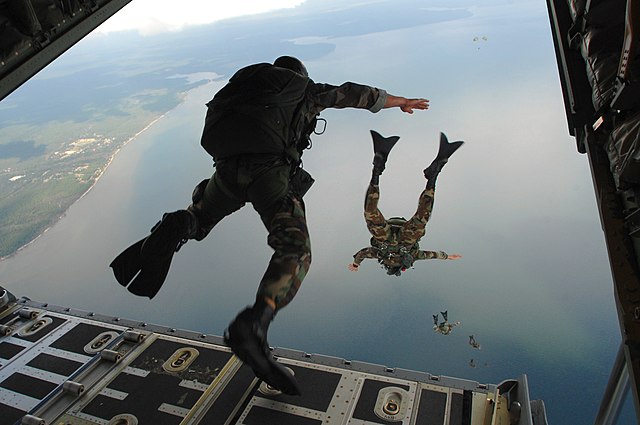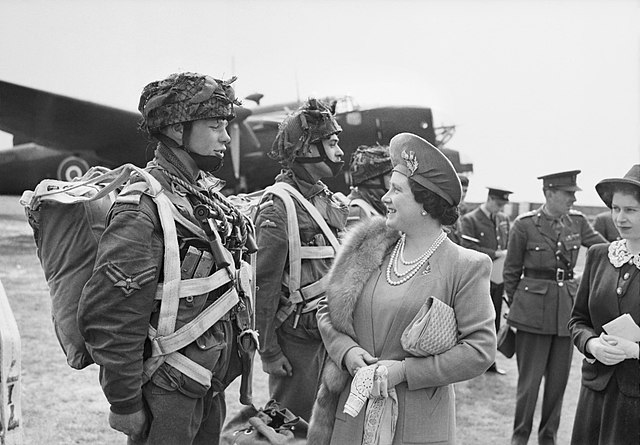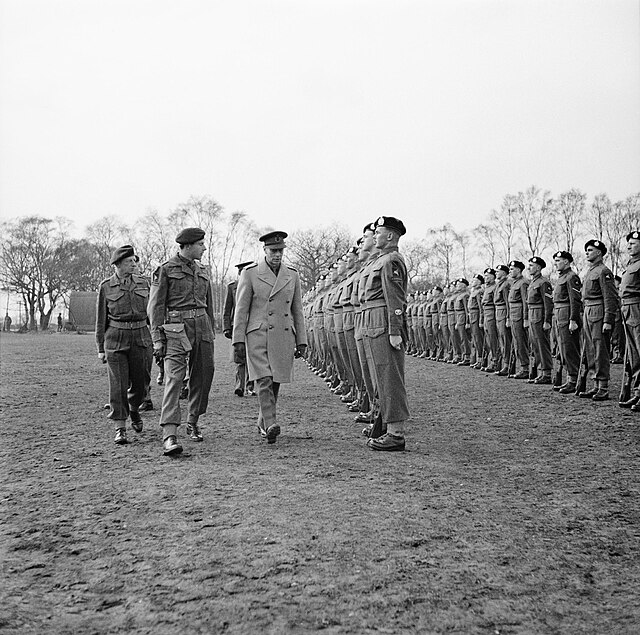The Battle of Crete, codenamed Operation Mercury, was a major Axis airborne and amphibious operation during World War II to capture the island of Crete. It began on the morning of 20 May 1941, with multiple German airborne landings on Crete. Greek and other Allied forces, along with Cretan civilians, defended the island. After only one day of fighting, the Germans had suffered heavy casualties and the Allied troops were confident that they would defeat the invasion. The next day, through communication failures, Allied tactical hesitation, and German offensive operations, Maleme Airfield in western Crete fell, enabling the Germans to land reinforcements and overwhelm the defensive positions on the north of the island. Allied forces withdrew to the south coast. More than half were evacuated by the British Royal Navy and the remainder surrendered or joined the Cretan resistance. The defence of Crete evolved into a costly naval engagement; by the end of the campaign the Royal Navy's eastern Mediterranean strength had been reduced to only two battleships and three cruisers.

German Fallschirmjäger landing on Crete, May 1941
Major-General Freyberg (right), Allied Commander at the Battle of Crete
A Fallschirmjäger and a DFS 230 glider in Crete
German mountain troops board a Junkers Ju 52 for Crete, 20 May 1941.
Airborne forces are ground combat units carried by aircraft and airdropped into battle zones, typically by parachute drop. Parachute-qualified infantry and support personnel serving in airborne units are also known as paratroopers.
United States Air Force paratroopers from the 720th Special Tactics Group jumping from a C-130J Hercules aircraft during water rescue training off the Florida Panhandle
Queen Elizabeth and Princess Elizabeth talking to paratroopers in preparation of D-Day, 19 May 1944
King George VI inspects men of the 7th Battalion, King's Own Scottish Borderers, 1st Airborne Division, in the North Midlands, 1944.
Dwight D. Eisenhower speaks with American paratroopers of the 502nd Parachute Infantry Regiment, 101st Airborne Division on the evening of June 5, 1944.








